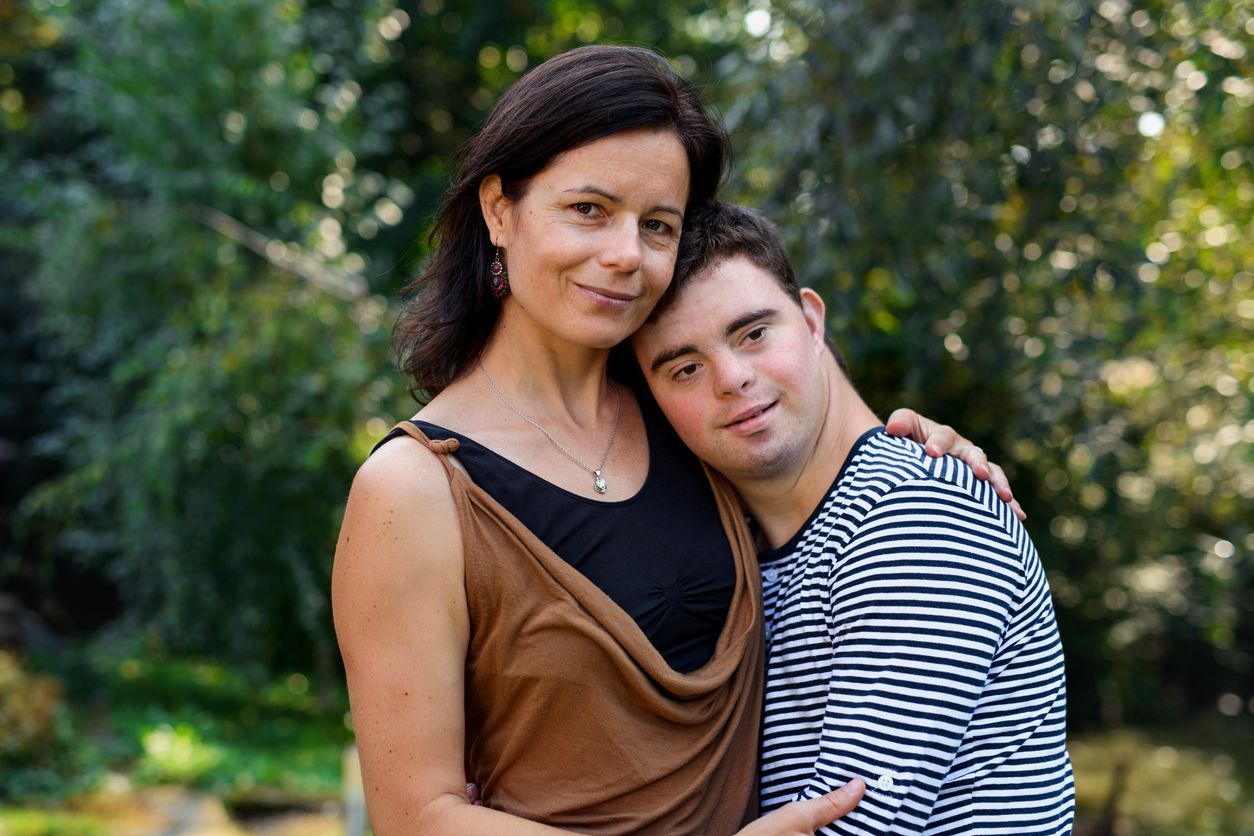CALL NOW FOR PROMPT LEGAL ATTENTION
CALL NOW FOR PROMPT LEGAL ATTENTION
Blog
The Law Office of Jennifer L. Foster, PLLC



OFFICE ADDRESS
1348 Dowell Springs, Blvd., Knoxville, TN 37909, United States
* By appointment only
MAILING ADDRESS
P. O. Box 30761
Knoxville, TN 37930
OFFICE ADDRESS
1348 Dowell Springs, Blvd., Knoxville, TN 37909, United States
*By appointment only
MAILING ADDRESS
P. O. Box 30761
Knoxville, TN 37930
PHONE
This website has been built to be accessible for all users. If you experience any difficulty in accessing this website, please contact us for assistance.
The website is not affiliated with any state or federal entity. No attorney/client relationship exists unless and until Form 1696 (Appointment of Representation) and a fee agreement have been signed by the prospective client. Certifications of specialization are available to Tennessee lawyers in all areas of practice relating to or included in the areas of Social Security Disability, Civil Trial, Criminal Trial, Business Bankruptcy, Consumer Bankruptcy, Creditor's Rights, Medical Malpractice, Legal Malpractice, Accounting Malpractice, Elder Law and Estate Planning. Listing of related or included practice areas herein does not constitute or imply a representation of certification of specialization.


